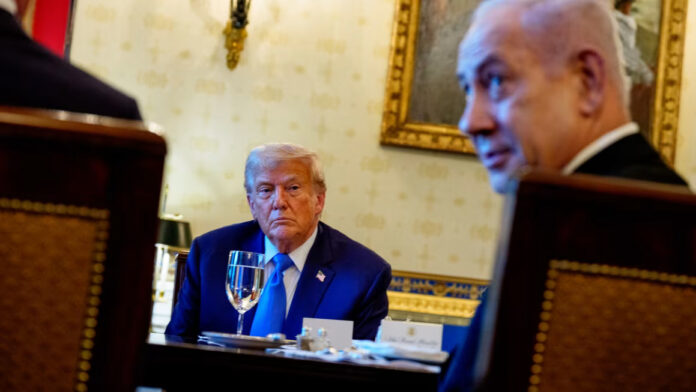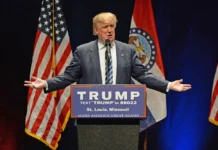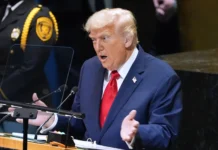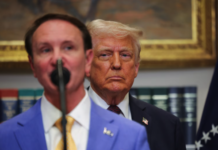
President Donald Trump was reportedly caught off guard by Israeli military actions in Gaza and Syria last week, prompting direct phone calls to Israeli Prime Minister Benjamin Netanyahu to express concern and seek clarifications, according to the White House.
White House Press Secretary Karoline Leavitt confirmed that Trump was “surprised” by two major developments: an Israeli airstrike that hit the only Catholic church in Gaza, killing three civilians, and separate airstrikes targeting government buildings in Damascus. Both incidents came at a sensitive time for the Trump administration, which is working to broker a ceasefire in Gaza and assist in Syria’s post-war recovery.
“In both accounts, the president quickly called the prime minister to rectify those situations,” Leavitt told reporters on Monday. “He was particularly dismayed by the bombing of a church in Gaza, which he believes sent the wrong message during delicate negotiations.”
Leavitt also highlighted ongoing diplomatic efforts by Secretary of State Marco Rubio in Syria, where the Trump administration has eased sanctions and backed President Ahmed al-Sharaa, a former rebel commander, in the hopes of stabilizing the region.
While Trump and Netanyahu have maintained a cooperative working relationship, insiders say personal distrust has often colored their interactions. The bond between the two appeared to strengthen earlier this summer when Trump aligned with Israel’s air campaign in Iran. During a recent state dinner at the White House, Netanyahu publicly nominated Trump for a Nobel Peace Prize, a gesture that appeared to signify deepening ties.
However, Netanyahu’s four-day visit to Washington earlier this month ended without a breakthrough on a long-anticipated ceasefire deal in Gaza. Trump had voiced optimism about a truce that would include the release of hostages held by Hamas and greater humanitarian access to the enclave. Despite those expectations, no agreement was announced.
Nearly a week after mediators presented a ceasefire proposal to Hamas, the group has yet to issue a formal response. In a Monday statement, Hamas said it is “exerting all our efforts and energies around the clock” to finalize a deal.
Meanwhile, Trump has grown increasingly uneasy about the ongoing violence. “The president never likes to see people dying,” Leavitt said. “He wants the killing to end.” She pointed to the administration’s push for increased humanitarian aid to Gaza, even as international criticism of Israel’s slow aid distribution mounts.
According to Gaza’s health ministry, over 1,000 people have died seeking humanitarian relief since late May. The foreign ministers of 25 Western nations have criticized Israel’s approach as “drip feeding” aid into the territory.
“The president is the reason that aid is even being distributed in Gaza at all,” Leavitt insisted. “He wants to see this done in a peaceful manner, where more lives are not being lost.”
Leavitt concluded by placing blame for the current instability on the previous U.S. administration: “It’s a very difficult and complicated situation that the president inherited because of the weakness of the last administration. And I think he should be applauded. The president wants to see peace and he’s been pretty clear on that.”
As the White House waits for Hamas’ response and continues to monitor developments in Syria, tensions between the U.S. and its closest Middle East ally appear to be entering a new, more complicated phase.
Written By Rodney Mbua


















